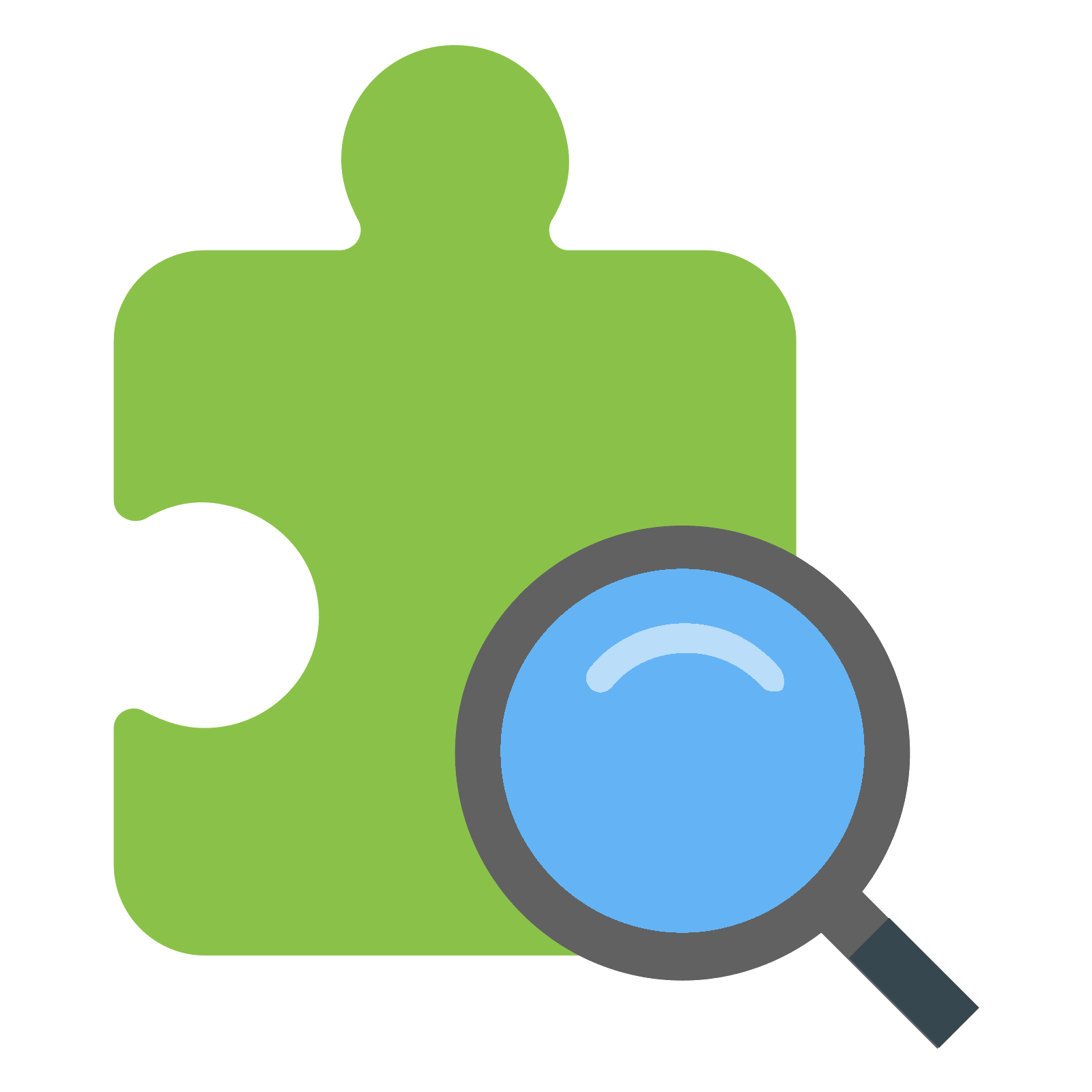Understanding Identity: The Meaning Behind "I Identify As"
In a world that celebrates diversity and individuality, the phrase "I identify as" has become a powerful declaration of self-awareness and personal truth. It represents a journey of self-discovery, allowing individuals to articulate their unique experiences, beliefs, and orientations. Whether discussing gender, sexuality, culture, or personal values, embracing one's identity fosters a sense of belonging and empowerment. This article delves into the significance of identity, exploring how individuals navigate their personal narratives and the impact of such declarations on society.
As society evolves, the importance of self-identification has taken center stage in discussions around inclusivity and representation. The phrase "I identify as" serves as a bridge connecting personal experiences with broader social movements. It encourages individuals to speak their truth while simultaneously fostering a more compassionate understanding of the diverse experiences that shape our communities. In this exploration, we will examine various aspects of identity, from its definition to its implications in our everyday lives.
Ultimately, understanding what it means to say "I identify as" enhances our collective consciousness, promoting empathy and respect for the myriad identities that exist within our society. Through this lens, we can appreciate the richness of human experiences and the importance of honoring each person's unique journey.
What Does "I Identify As" Mean?
The phrase "I identify as" is a self-affirming statement that allows individuals to express their personal identity. It encompasses various aspects, including gender identity, sexual orientation, cultural affiliation, and personal beliefs. This declaration invites others to understand and respect one's self-perception, encouraging open dialogue and fostering acceptance.
How Has Society's Understanding of Identity Evolved?
Over the years, societal perceptions of identity have shifted significantly. Traditional norms have been challenged, and more inclusive frameworks have emerged. This evolution has been fueled by social movements advocating for LGBTQ+ rights, gender equality, and racial justice. As a result, individuals now have greater freedom to explore and express their identities, leading to a richer tapestry of human experience.
Why Is Self-Identification Important?
Self-identification plays a crucial role in mental health and well-being. When individuals articulate their identities, they often experience a sense of validation and belonging. This affirmation can reduce feelings of isolation and empower individuals to embrace their authentic selves. Furthermore, recognizing and respecting others' identities fosters a more inclusive environment, promoting understanding and collaboration.
Can "I Identify As" Be Used Across Different Contexts?
Yes, the phrase "I identify as" can be applied in various contexts. It is not limited to gender or sexual orientation but extends to cultural identities, professional roles, and personal beliefs. For instance, someone might say, "I identify as a feminist," or "I identify as a member of the LGBTQ+ community." This flexibility reflects the complexity of identity and the multifaceted nature of human experience.
What Are Some Common Identities People Might Identify With?
There are countless identities individuals may choose to identify with, including but not limited to:
- Gender identities (e.g., transgender, non-binary, genderqueer)
- Sexual orientations (e.g., gay, lesbian, bisexual, asexual)
- Cultural and ethnic identities (e.g., African American, Latino, Asian)
- Religious identities (e.g., Christian, Muslim, atheist)
- Professional identities (e.g., teacher, artist, activist)
How Does Self-Identification Impact Relationships?
Self-identification can significantly influence interpersonal relationships. When individuals openly express their identities, it fosters transparency and understanding within relationships. This openness can strengthen bonds, promote mutual respect, and encourage healthy communication. Conversely, lack of acceptance or understanding of one's identity can lead to conflict or estrangement.
What Challenges Are Associated with Self-Identification?
While self-identification is empowering, it can also present challenges. Individuals may face stigma, discrimination, or misunderstanding from others. This can lead to feelings of vulnerability and isolation. Additionally, navigating societal expectations and personal beliefs may create internal conflicts, making the journey of self-identification complex and multifaceted.
How Can We Support Others in Their Journey of Self-Identification?
Supporting others in their journey of self-identification requires empathy, understanding, and active listening. Here are some ways to foster a supportive environment:
- Respect individuals' chosen identities and pronouns.
- Avoid making assumptions based on stereotypes.
- Encourage open dialogue and create safe spaces for discussions.
- Educate yourself about diverse identities and experiences.
- Stand against discrimination and advocate for inclusivity.
Conclusion: Embracing the Power of "I Identify As"
The phrase "I identify as" carries immense weight in our contemporary society. It serves as a catalyst for self-exploration, dialogue, and acceptance. By embracing our identities and respecting those of others, we cultivate a more inclusive and compassionate world. As we continue to navigate our unique journeys, let us celebrate the diversity that enriches our lives and fosters a deeper understanding of what it means to be human.
Biography of a Prominent Figure Who Embraces Identity
| Name | Janelle Monáe |
|---|---|
| Date of Birth | December 1, 1985 |
| Profession | Singer, Songwriter, Actress |
| Notable Work | The ArchAndroid, Hidden Figures, Moonlight |
| Identity Declaration | "I identify as non-binary" |
Janelle Monáe is a celebrated artist who has openly declared their non-binary identity, using their platform to advocate for LGBTQ+ rights and representation. Through music and film, they challenge societal norms and inspire others to embrace their authentic selves. Monáe's journey exemplifies the power of self-identification and its potential to create change in the world.
Article Recommendations
- Harry And Meghans Daughter
- 15 Year Karmic Cycle Ending Meaning
- Did Justin Bieber Die
- Jessica Aldean Age
- Karmic Cycle Ending
- Subashree Mms
- Age Ramona Singer
- 5starsstockscom Best Stocks
- Bane Quotes Dark Knight
- Best Clone Troopers




